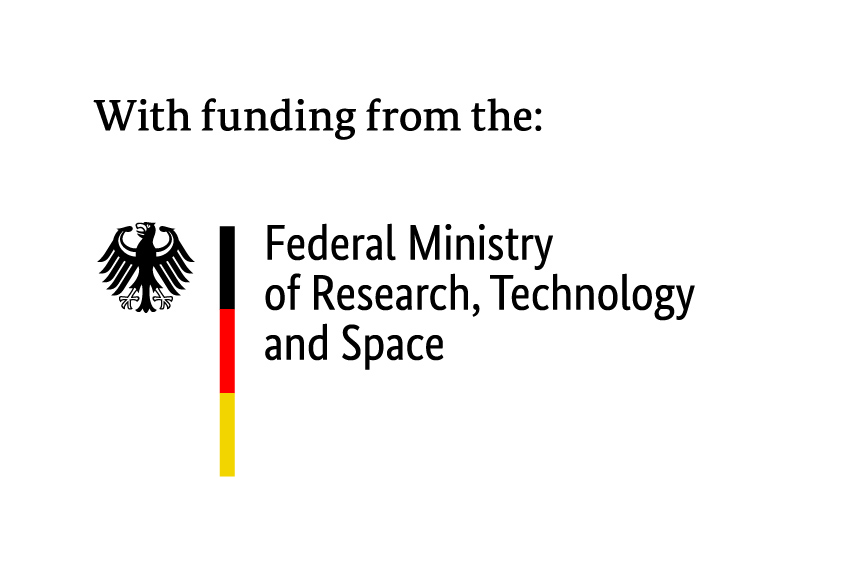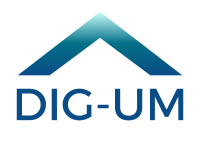Changes for page 2nd Workshop on Sustainability
Last modified by Angela Warkentin on 2025/07/16 15:13
From version 21.1
edited by Angela Warkentin
on 2025/03/11 17:38
on 2025/03/11 17:38
Change comment:
There is no comment for this version
To version 16.1
edited by Angela Warkentin
on 2025/03/11 09:32
on 2025/03/11 09:32
Change comment:
There is no comment for this version
Summary
-
Page properties (1 modified, 0 added, 0 removed)
Details
- Page properties
-
- Content
-
... ... @@ -29,7 +29,6 @@ 29 29 **Second Meeting with the Program Committee 11.03.2025** 30 30 31 31 * Tuesday, March 11 from 4 - 5:30 pm: [[https:~~/~~/rwth.zoom-x.de/j/65088391540>>https://rwth.zoom-x.de/j/65088391540]] 32 -* Slides & Discussion: 33 33 34 34 35 35 ... ... @@ -92,16 +92,6 @@ 92 92 === **2. Regarding Contents ** === 93 93 94 94 95 -**Possible Focus: “Framework conditions for future research in ErUM in view of ultra-fast AI developments and the urgent need for sustainability in the area of digital transformation”** 96 - 97 -* **Title of the Workshop: Currrently "**[[2nd Workshop on Sustainability in the Digital Transformation of Basic Research on Universe & Matter>>url:https://indico.desy.de/event/47133/]]" 98 -* Sustainability: The topic of sustainability has been initiated by the first workshop/paper; we can already hear about ongoing research projects and draw further consequences for progress. 99 -* Ethics: The topic of ethics deals with AI developments and their significance for ErUM researchers. The aim here is to compile concrete AI developments and to identify probable development possibilities. 100 -** How will it be possible to realize predominantly human-performed research activities with the support of AI tools in the future? 101 -** Can we formulate a range for this? 102 - 103 - 104 - 105 105 |((( 106 106 **Topics ** 107 107 ... ... @@ -238,17 +238,4 @@ 238 238 |(% rowspan="2" %)**Teaching & Science **|(% style="width:1011px" %) |(% style="width:222px" %) 239 239 |(% style="width:1011px" %) |(% style="width:222px" %) 240 240 241 - 242 - 243 - 244 -Consider: 245 - 246 -| |Distinctive Human Skills|How GenAI can supplement learning processes⁺ 247 -|Create|Engage in both creative and cognitive processes that leverage human lived experiences, social-emotional interactions, intuition, reflection, and judgment to formulate original solutions.|Support brainstorming processes; suggest a range of alternatives; enumerate potential drawbacks and advantages; describe successful real-world cases; create a tangible deliverable based on human inputs 248 -|Evaluate|Engage in metacognitive reflection; holistically appraise ethical consequences of alternative courses of action; identify significance or situate within a full historical or disciplinary context|Identify pros and cons of various courses of action; develop and check against evaluation rubrics 249 -|Analyze|Critically think and reason within the cognitive and affective domains; justify analysis in depth and with clarity|Compare and contrast data, infer trends and themes in a narrowly-defined context; compute; predict; interpret and relate to real-world problems, decisions, and choices 250 -|Apply|Operate, implement, conduct, execute, experiment, and test in the real world; apply human creativity and imagination to idea and solution development|Make use of a process, model, or method to solve a quantitative or qualitative inquiry; assist students in determining where they went wrong while solving a problem 251 -|Understand|Contextualize answers within emotional, moral, or ethical considerations; select relevant information; explain significance|Accurately describe a concept in different words; recognize a related example; translate to another language 252 -|Remember|Recall information in situations where technology is not readily accessible|Retrieve factual information; list possible answers; define a term; construct a basic chronology or timeline 253 - 254 254



